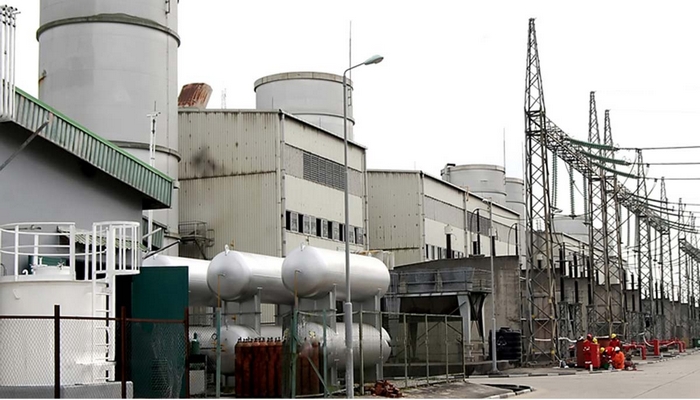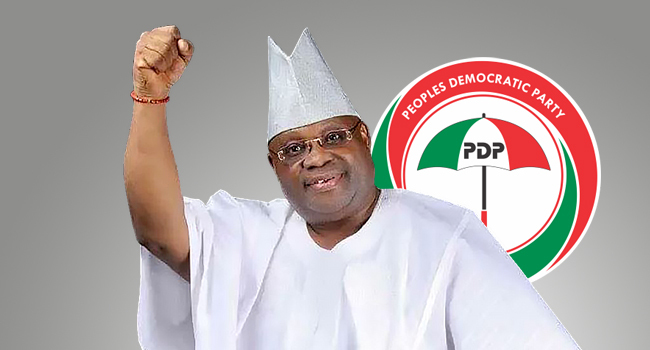
Transcorp Power Consortium has paid an equivalent of N26.25billion being 25 per cent of the N105.3 billion winning price for the Afam Power Plc to formally takeover the assets of the company.
Director General of the Bureau of Public Enterprises (BPE), Mr. Alex A. Okoh, speaking at the formal handover of the company to the new owners on Thursday, said the Consortium paid cash into the Federal Government account with the requirements of the Request for Proposal (RfP) and approval granted by the National Council on Privatisation (NCP).
BPE’S Head of Public Communications, Amina Othman, who made these known in a statement at the weekend, quoted him as saying “emphasis on cash payment is to correct some misinformation in the media purporting that the Afam deal is a mere reconciliation of figures between the Federal Government and Transcorp.
“For the benefit of those who wish to know, this idea was never accepted by both the NCP and its several sub-committees. However, with the payment of the money by Transcorp to the treasury, we hope this unfounded and concocted information being fed to the public would stop.
He noted that the formal handover of Afam Power Plc and Afam Three Fast Power Limited to Transcorp Power Consortium marked a significant milestone in the process of the privatisation of the last successor generation company of the defunct Power Holding Company of Nigeria (PHCN), adding that “it is a culmination of several years of painstaking efforts by the National Council on Privatisation (NCP) and the Bureau of Public Enterprises (BPE) in the face of daunting challenges”.
Recalling the need for the Electric Power Sector Reform, the Director General said it was conceived with the objective of enhancing industrial and economic growth and development through the creation of a competitive electricity market.
According to him, the privatisation of the sector is a key component of the reform and is one of the pre-conditions for the start-up of a competitive electricity market in Nigeria as well as a sensible avenue to reduce dependence on the treasury for support to an otherwise economically viable power sector and channel government resources to other ventures.






